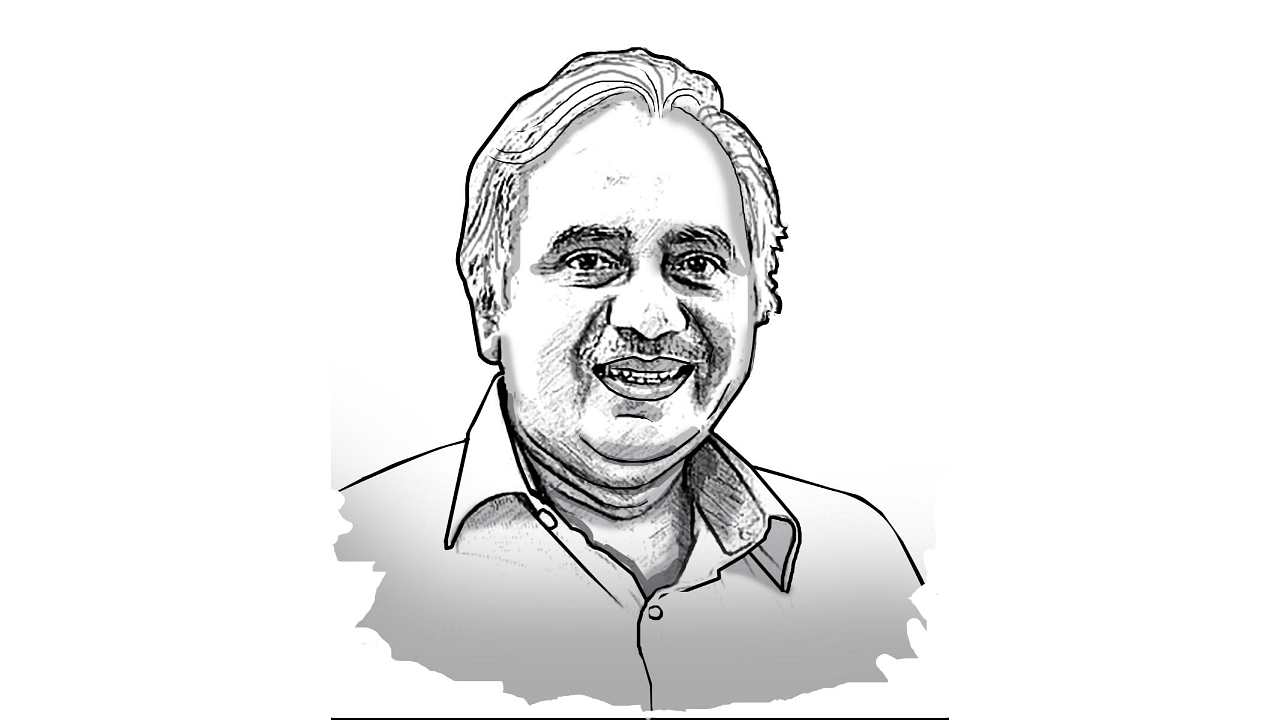
The sudden disappearance and the subsequent death in Canada of 35-year-old Karima Baloch, one of the popular leaders of the Balochistan freedom movement, does come as a shock, though not as a surprise. She was on the hit list of the Inter-Services Intelligence (ISI) for quite some time and had aired her fears about being targeted by the Pakistani military for speaking up against it.
This is not the first time that a high-profile anti-Islamabad Baloch leader has met Karima’s fate. In March this year, Baloch journalist Sajid Hussain was found dead in the Fyris River near Uppsala in Sweden. He was the editor of Balochistan Times, a news website covering human rights violations, forced disappearances, and the drug trafficking menace in Pakistan. Although the Swedish police closed the case as “probable suicide or accidental death,” the Paris-based Reporters Without Borders (RSF) had alleged that it was a hit job by Pakistan’s ISI and the Military Intelligence (MI) wing of the Pakistan army.
Like in the case of Hussain in Sweden, the Toronto police have termed Karima Baloch’s death as “non-criminal”. That’s hard to believe. Could it be that a 35-year-old rights activist who fled Pakistan, where she received constant threats and sought asylum in Canada, suddenly decided to kill herself? Her family and several Baloch leaders have demanded a full investigation.
Earlier, the Pakistani army, under then-President Pervez Musharraf, had brutally killed the Baloch tribal leader and votary of Baloch independence Nawab Akbar Bugti in 2006. Zahid Baloch, the former head of the Balochistan Students’ Organisation (BSO), was abducted in Quetta in 2014 and hasn’t been heard of since. In fact, it was after his abduction that Karima had taken over as head of the BSO.
Two years ago, the Chinese consulate in Clifton, Karachi, was attacked amidst a war-like situation. This was reportedly carried out by the Balochistan Liberation Army (BLA), a highly trained militant group that will settle for nothing short of freedom for the Baloch people. Although no Chinese citizen was killed in the attack, Beijing called for a thorough probe, sought protection for its citizens and assets in Pakistan, and warned Islamabad that it would suspend ongoing projects till normalcy is restored. But Pakistan was sure that Beijing would do no such thing with projects linked to the China-Pakistan Economic Corridor.
The CPEC is one of the most strategically important components of China’s Belt and Road Initiative. It connects China’s western region of Xinjiang to the Indian Ocean through the Gwadar port in Balochistan. China’s ambition to increase its strategic presence in the Indian Ocean requires Beijing to increase its influence and foothold in Pakistan, especially in Balochistan. Pakistan is now fencing off the Gwadar port with barbed wire to prevent attacks on it by Baloch nationalists, and China is paying for the project.
From being a Cold War ally of the US to becoming a vassal state of China, Pakistan has come a long way. Unlike the US, China has no qualms about Pakistan’s corruption, inhuman treatment of religious minorities or poor track record of human rights. With total disregard for democracy, the army’s supremacy and control over the decision-making process suits Beijing. For Pakistan, China is the best all-weather friend and trusted collaborator against India.
New Delhi will have to take a serious view of the situation and prepare for course correction, the sooner the better, before a complete de facto take-over of Balochistan by the Chinese military.
There is genuine concern in Balochistan that the Punjabi-dominated Pakistani army is determined to force a demographic change in the province by settling non- Balochis in the mineral-rich areas. The megaprojects in the coastal areas of Balochistan, including the Gwadar port project, are being used by the army to convert the mineral-rich areas and the port city into Punjabi dominated areas. This will result in two things. One, the locals will be reduced to a minority and their freedom struggle will run out of steam; two, the new colonies will not be interested in supporting the locals and will side with the army. Over time, the 6.5 million-strong Baloch population will become a minority over the entire province and they will eventually lose rights over their precious land, their dear maadare watan.
In pursuing this nightmare of a vision, the Pakistani army is making all the mistakes it made in erstwhile East Pakistan, now Bangladesh, till 1971. There, the Punjabi-dominated army suppressed the Bengali language, literature, intelligentsia and identity. The rich cultural distinctiveness, far drawn and different from that of Islamabad, was sought to be stifled. The total rejection of the popular mandate and disrespect for democracy, coupled with the gruesome atrocities unleashed by a trigger-happy occupation army, resulted in the break-up of Pakistan. New Delhi should remember Napoleon Bonaparte’s advice, “Never interrupt your enemy when he is making a mistake”, but also keep the powder dry, as Indira Gandhi did.
Karima Baloch’s killing, and the forced disappearances and killings of thousands of Balochis, will not be easily forgiven or forgotten by the people of Balochistan. But, has its 1971 moment arrived? Time will tell.
